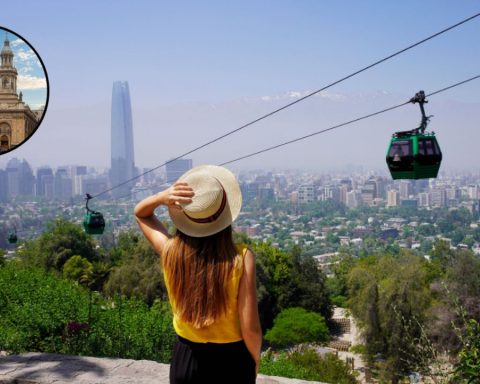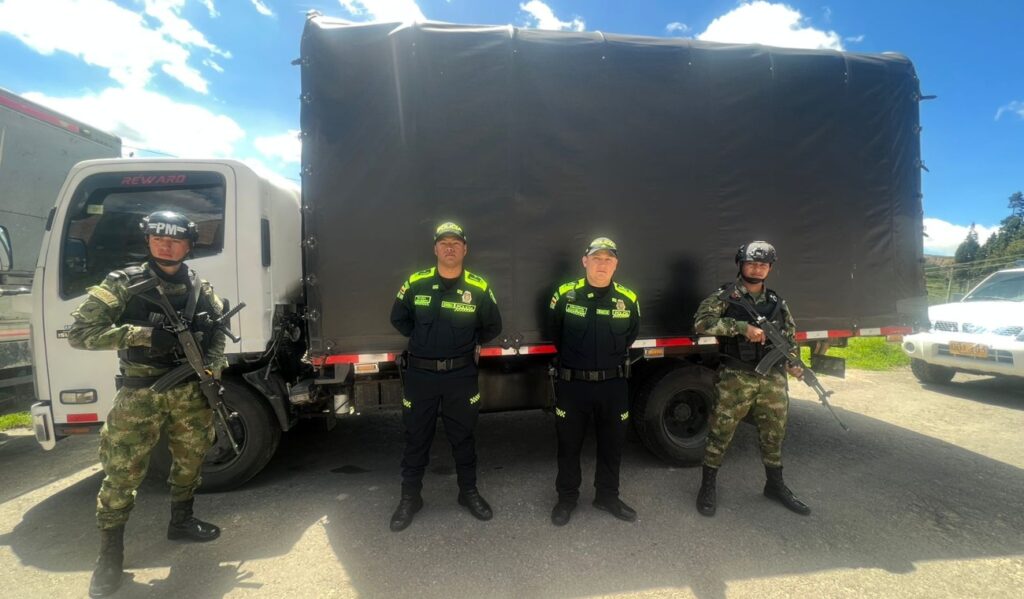The Minister of Foreign Affairs, Antonia Urrejola, addressed this Friday the ruling of the International Court of Justice (ICJ) in The Hague on the use of water from the Silala River, which confronted Chile and Bolivia in a dispute that lasted six years. In this regard, Urrejola pointed out that the resolution provides “legal certainty” and clarified that
The ICJ issued the ruling yesterday and pointed out that the Silala “is an international watercourse”, one of Chile’s main claims in the process. On the use of the waters, the ruling stated that “the parties agree that they have the right to equitable and reasonable use under customary international law.”
You may also like:
“What the Court is doing (…) is that what Chile indicated at the beginning is what corresponds to international law, therefore, it seems to me that there is absolute legal certainty there,” said the foreign minister in conversation with infinite radius.
“The Court established that there is an obligation to cooperate and provide timely notifications and exchange of information to guarantee that reasonable and equitable use and that implies that in the case of a shared water resource. The countries, in this case Chile and Bolivia, must agree on how to exercise that right,” he added.
“Yesterday the Court was very clear that this equitable and reasonable use implied rights and obligations and those rights and obligations implied this obligation to cooperate and provide timely notifications, determining that the threshold had to be when there was some activity that could cause significant harm” , supplemented.
Let us remember that the former president of Bolivia Evo Morales threatened in 2016 to file a complaint against Chile before the ICJ for the use of water from Silala. Chile, under the Government of Michelle Bacheletwent ahead and sued the neighboring nation.
Corrects the Bolivian Foreign Minister
The Secretary of State also corrected the Bolivian foreign minister, Rogelio Mayta, who stated that the ICJ ruling settled that Chile does not have any right acquired for the total use of the Silala waters. Urrejola expressed that the country never had that position.
“We have never, neither during the litigation nor before, have ever said that Chile has an acquired right over all the waters,” he said.
“We have never stopped recognizing Bolivia’s right to the waters of Silala in accordance with customary international law. We have never stopped recognizing Bolivia’s sovereignty over the pipelines that are in its territory, I think it is important to point that out,” he added. .
“Here what Chile has indicated, not only at the beginning of the litigation, but in the last 100 years as well as the Peace and Friendship Treaty, is that in the case of international waters, it is a resource that is shared by both parties,” he continued. the Minister of Foreign Affairs.
Along these lines, he emphasized that “since they are international waters, customary international law applies, which are the customary norms that apply. In this case, what is the international custom when there are shared water resources, that this use is rational and equitable.”
















